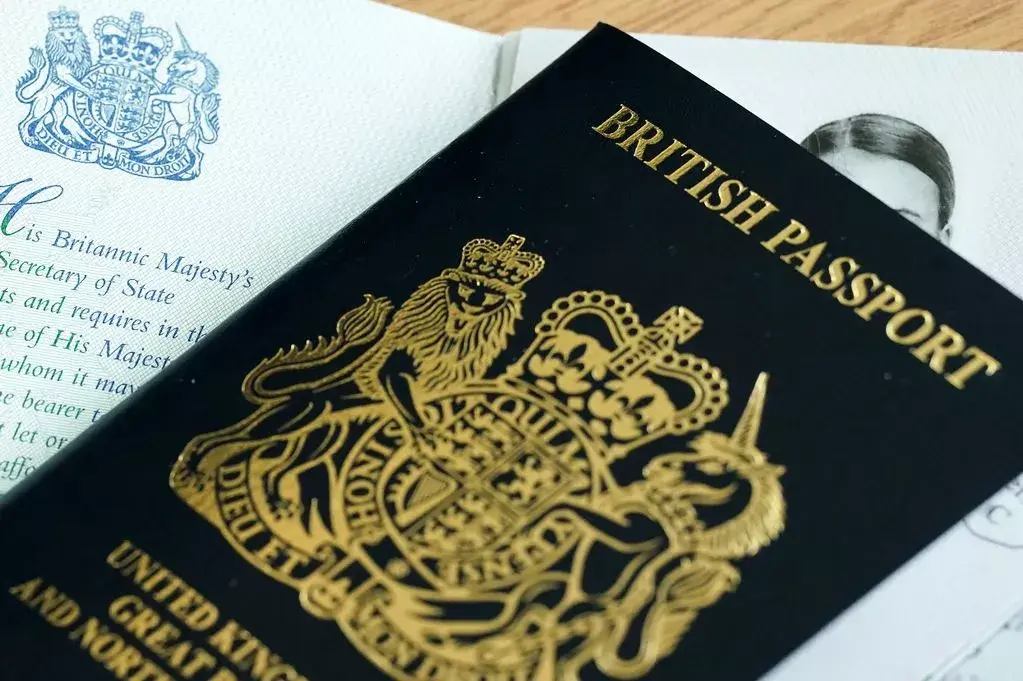Travel regulations underwent numerous adjustments following Brexit in 2020. One of these regulations concerns passport dates and has been catching vacationers off guard and disappointing them.
Travelers from outside the EU are not permitted to enter EU countries if their passport was issued more than ten years prior to the date of trip. A longer-dated passport was allowed when the UK was a member of the EU, but today travelers need to be aware of this.
In order to enter countries within the EU now, those boarding flights must have a UK passport that has been issued less than 10 years before the date you enter the EU country. The document must also be valid for at least three months after the day you leave the EU country.
If your passport does not meet the minimum requirements, you will be refused entry to the country. The only exception for British travellers is Ireland, who are honouring the previous agreement and will allow passengers into the country with a longer-dated passport.
According to travel website Skyscanner an estimated 32 million Brits have passports that have more than 10 years validity. They say: "This is because, under old regulations, up to nine months could be carried over from an old passport. This stopped in September 2018. Anyone with a passport issued since then will have a cap of 10 years meaning they won’t face any issues."
They continued: "If your passport was issued before September 2018, it may appear valid for longer than a decade. This is still okay for travel outside the EU. But it will prevent travel to much of Europe as you approach the 10-year mark."
For EU travel, passports must be valid for at least three months after your trip, and the issue date must be within the last 10 years. For destinations such as the US, Canada, Australia, Dubai, and Thailand, six months of validity is either required or strongly recommended.
Research highlights widespread confusion around passport rules. One in four people (25%) are unaware of the 10-year passport rule for EU travel, while 23% don’t know about the six-month validity requirement for certain destinations. And 24% said they are unlikely to renew their passport even if it’s due to expire within six months of their trip.
To avoid being caught out by the rule and turned away from boarding at the airport, you should make sure to check your passport’s issue and expiry date when booking your holiday.
If you need a new passport, the Passport Office advises that standard applications take approximately three weeks. With February half-term fast approaching, travellers are encouraged to check expiry dates immediately to avoid disruptions.








.svg)

_2.jpg)